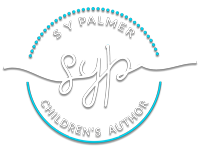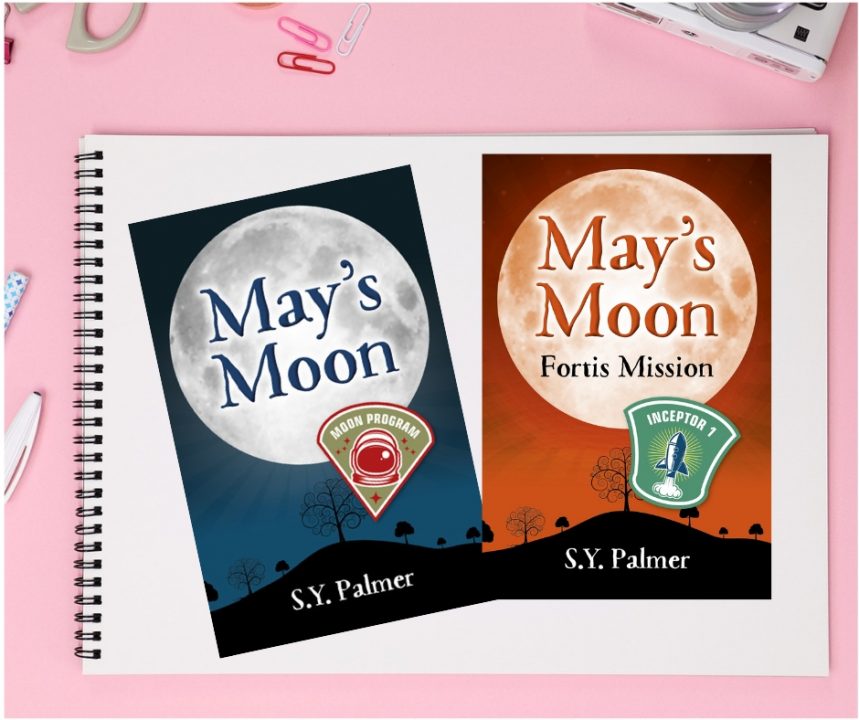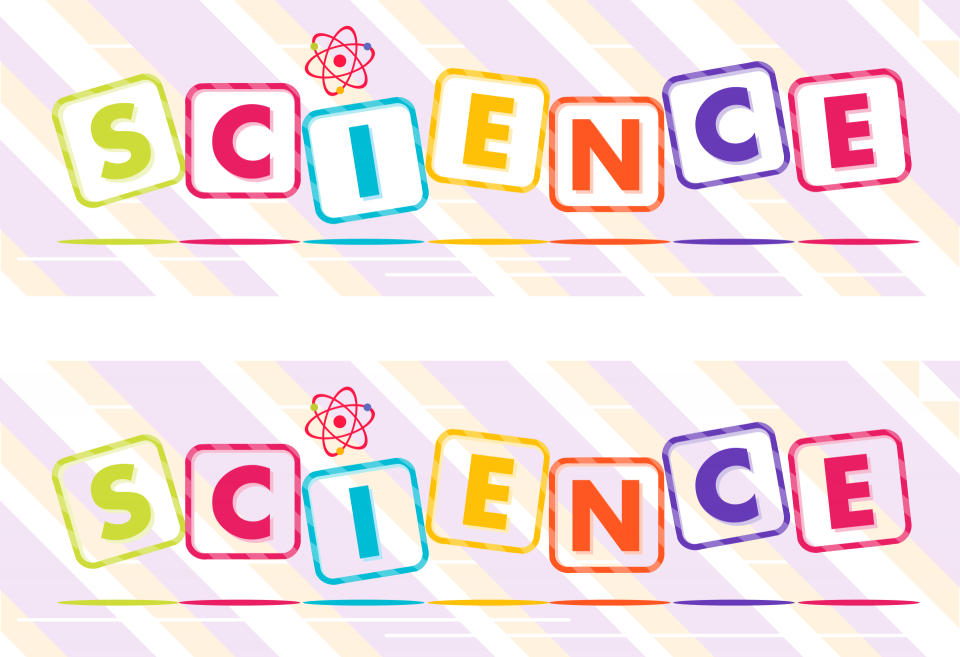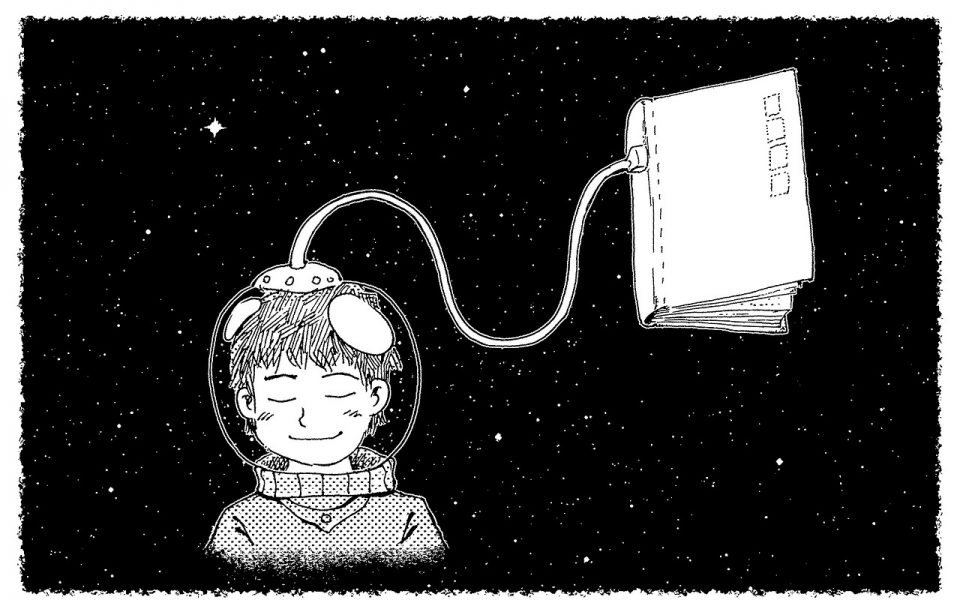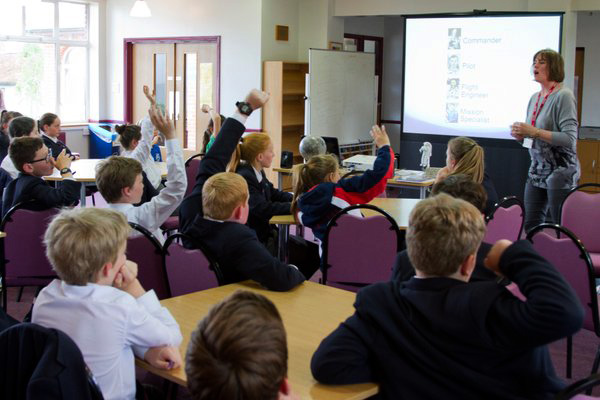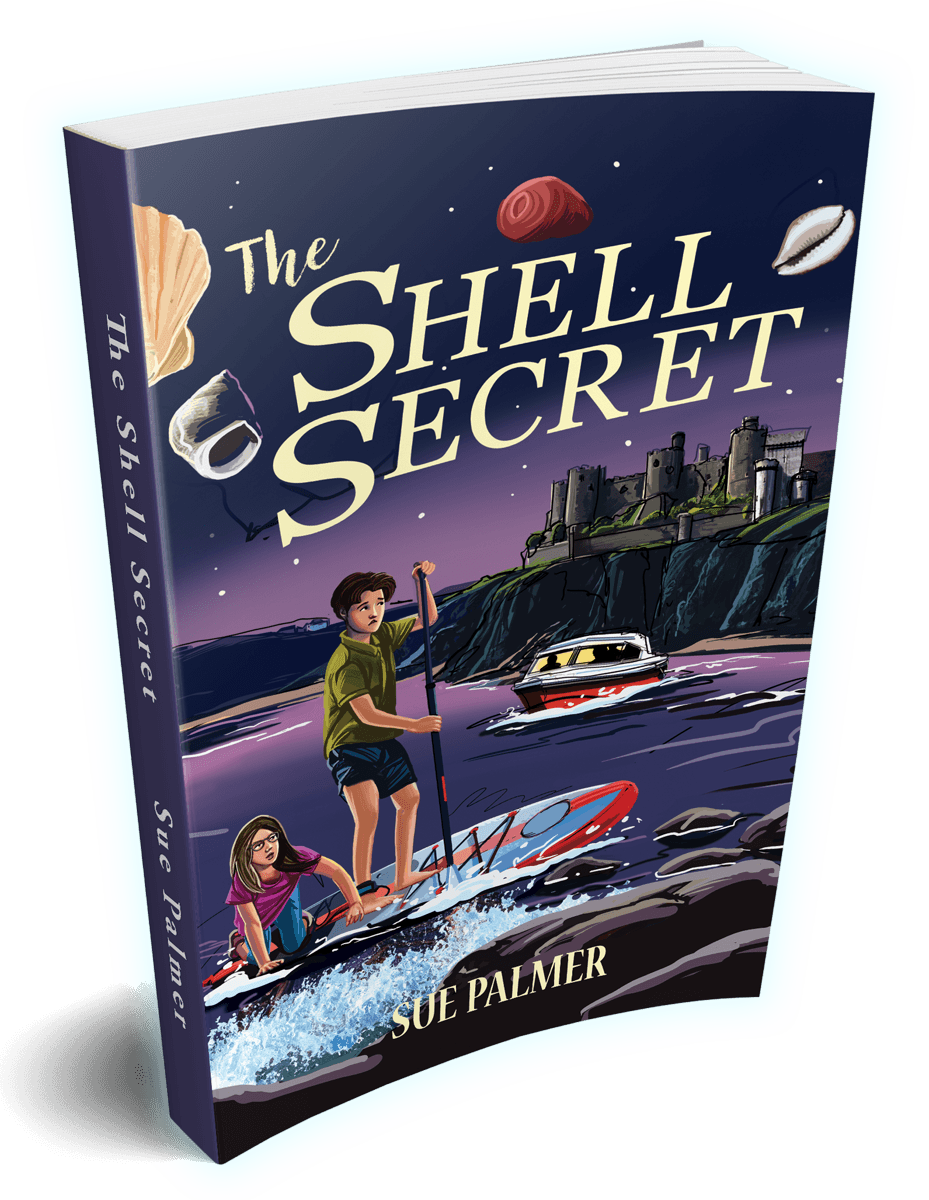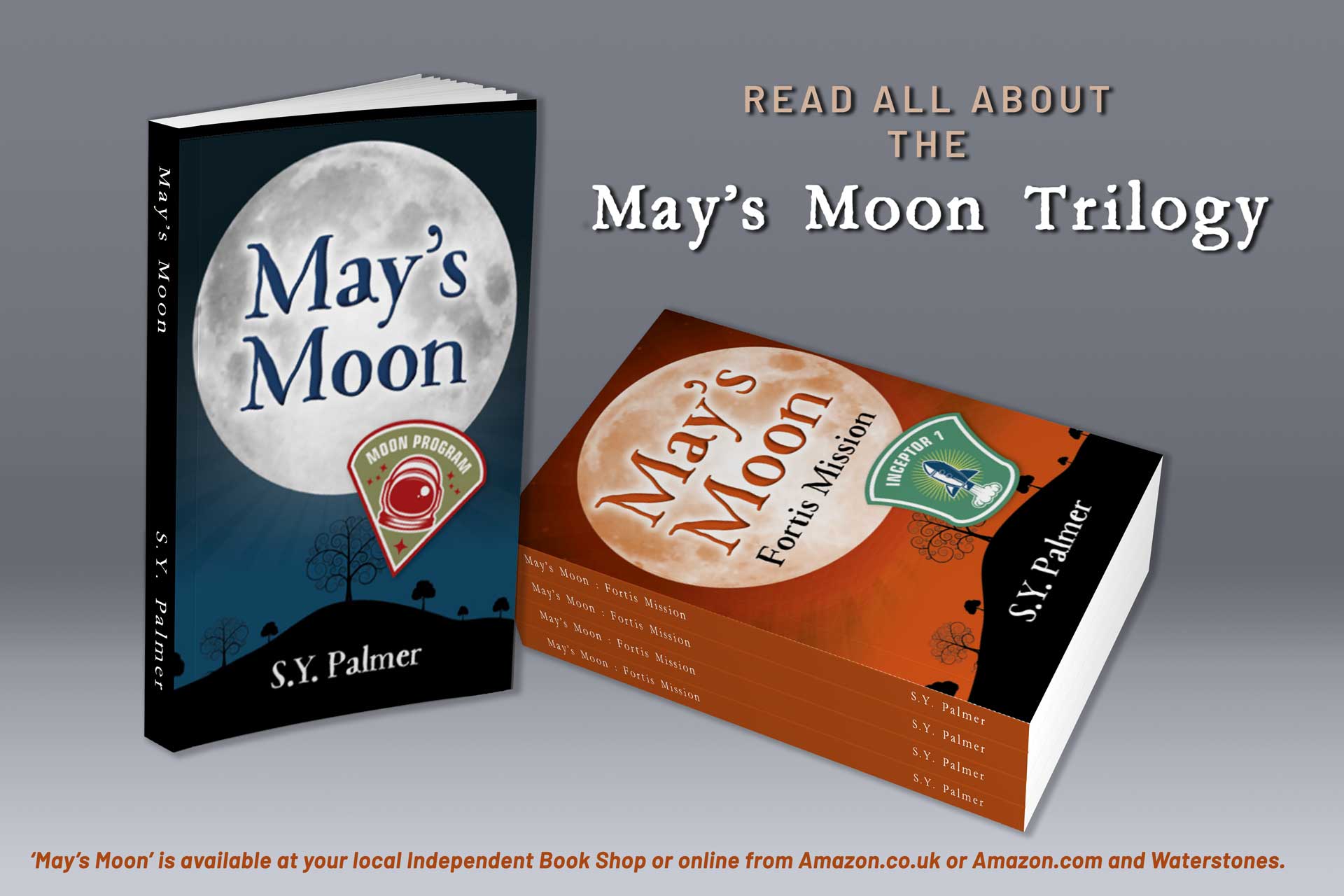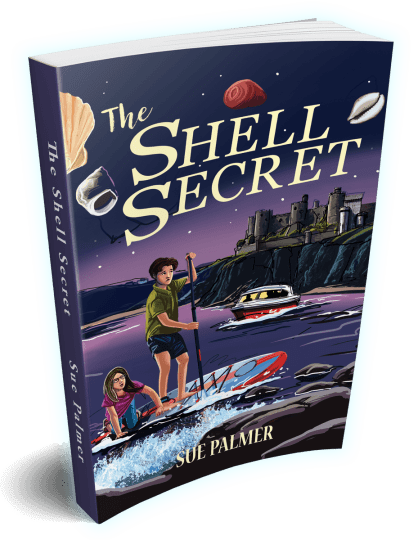Teacher's Resources
Feel free to download the pages or articles you require. Please ensure that the copyright and author information is not deleted i.e. please acknowledge that you obtained the information from the S.Y. Palmer website and that permission is granted solely for educational purposes.
Interesting Resources and Places
When researching for my May's Moon stories, I discovered an amazing wealth of easily accessible science resources. Here are a few of my favourites.
Science Centres
- UK Association for Science and Discovery Centres This organisation pulls together over 60 science museums and discovery centres, giving details of events, projects and training for teachers.
- Winchester Science Centre and Planetarium An interactive science and technology centre with the largest standalone planetarium in the UK.
- National Space Centre
- London Science Museum
Space Education Resources
- European Space Education Resource Office This is the European Space Agency’s education office, which provides some fantastic teacher and pupil science resources.
- ESA – Space for Kids There is also an interactive children’s page with news, information and activities.
- Mission X: Train like an Astronaut An international educational STEM project, focusing on fitness and nutrition, that encourages students to train like an Astronaut.
- NASA materials for the Classroom As well as the most amazing images for classroom displays and projects, there are lots of exciting resources for teachers and children.
UK School Science Resources
- Unleash 2 – KS2 Science for Juniors A dynamic, supportive Facebook group for anyone involved in KS2 science. There are lots of posts, including tips for lesson planning, topic development and providers of science workshops.
- The Association for Science Education – School Science A free website, sponsored by industry, that provides online science resources for teachers and students.
KS2 Science and Literacy Workshops
Schools, libraries, bookshops and festivals
The May’s Moon trilogy follows 13-year-old Michael May in his quest to become the first child astronaut. It's a story about following dreams and what happens when those dreams hurtle towards reality.
Although fiction, the more I researched about our journeys into space, the more fascinated I became in space exploration. That’s why these stories include a substantial amount of space and science fact.
This led to me developing KS2 workshops, which combine science and space education with my own writing process.
